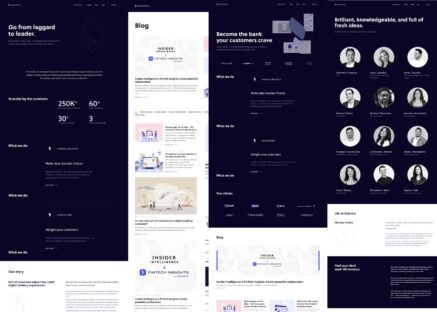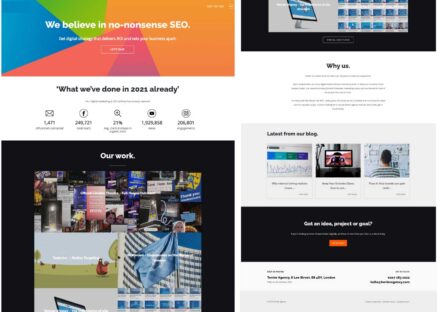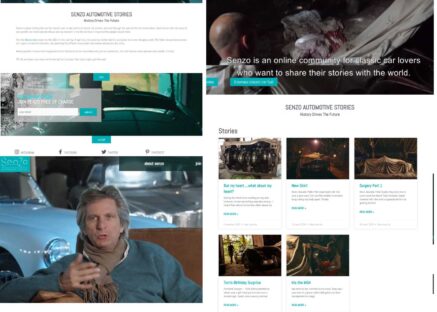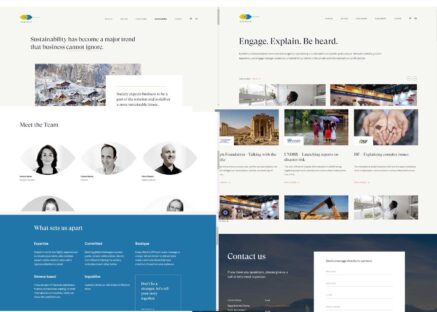Writing code is a big part of web development, but it’s far from the only one. There’s also database setup, front-end structure, and a whole lot more. If you’re hiring a developer, be sure to ask for references. Reaching out to previous clients can help you gauge their customer service and project management skills.
1. HTML and CSS
HTML provides the page structure, while CSS is used to control the styling of a webpage. Those slick colors, interesting fonts, and unique layouts are all thanks to CSS. It’s also one of the most important front-end languages to learn.
2. JavaScript
JavaScript is a computer programming language that makes web pages dynamic. It’s used alongside hypertext markup language (HTML) and cascading style sheets (CSS) to create the majority of websites and web applications on the internet. Using frameworks and libraries like jQuery, JavaScript allows developers to build complex and interactive web pages. It’s also used to build browser games and, with back-end web development tools, to manage the servers that power websites and apps.
3. DevTools
Web development tools are apps and software that simplify the code and interface of websites. They also help in improving the online browsing experience without compromising performance. They have a wide range of features like git style version history, smart code auto-completion, and syntax highlighting.
4. APIs
APIs function as an intermediary between customers like you (the client) and servers (web systems). An easy analogy for how this works is ordering a meal at a restaurant. You look over the menu, tell the waiter what you want, and the server then delivers your food to you. Look for language support and an active community when choosing an API provider.
5. Data Formats
Data formats are the way that information is coded so it can be understood and used by computers. They can be used for presentations, calculations, and more. For example, CSV is good for spreadsheets and human-readable but can be problematic with nested data. JSON is more efficient and a good option for APIs. It is important for web developers to know different data formats.
6. Testing
Web Developers need to know how to test their code. This is important for ensuring that the apps or websites they build will load quickly, which can impact user experience and search engine optimization. Testing is also used to detect errors in code so that they can be corrected. This requires a keen eye for detail and an analytical mindset. In addition, web developers need to understand version control tools like Git.
7. Authentication
Authentication is the process of matching the credentials a user provides with those stored in a system. Web developers with this skill can create secure websites that are protected from unauthorized access. Problem-solving is the ability to identify and address issues that arise in a project. This includes researching possible solutions, as well as analyzing and testing potential fixes.
8. Multitasking
This skill is important for professionals who must meet deadlines and complete multiple responsibilities in the same time period. Employees with multitasking skills can save their employers money by working faster and finishing more work in less time. However, it’s essential to manage and prioritize tasks effectively to avoid distractions and the effects of context switching and attention residue.
9. Scaling
Web & mobile application development services scalability is the ability of a website to handle increased user and data traffic. This is important because it ensures that users won’t encounter errors or website downtime. Scalability requires attention to detail and the ability to troubleshoot when something goes wrong. It also involves planning and organizing projects and resources to meet deadlines. These are important skills for any web developer to have.
10. Deployment
Web developers need to know how to deploy a website after they’ve finished programming it. This involves using a code version control system like Git to track changes and revise them as needed. Having these skills will make you more marketable as a web developer. Recruiters and hiring managers want to see a portfolio that shows your process as well as the quality of your work.














